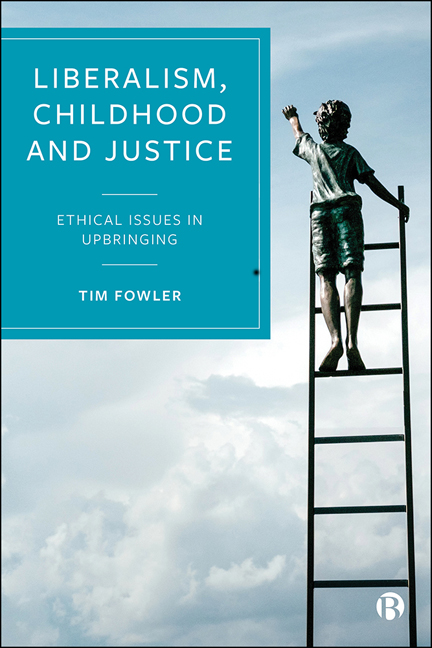12 - Beyond Parents: Collective Duties to Children
Published online by Cambridge University Press: 25 February 2021
Summary
In the final chapter of this part, I broaden the discussion beyond parents and argue that many other people in society have special duties towards children. The result is that while parents retain the principal role, the upbringing of children should be viewed less as an individual matter conducted discretely by parents and more as a shared enterprise among all members of society. A potential problem with much of the existing philosophical literature is that the field of family ethics is almost entirely dominated by discussions of parent–child relations. The result is that there is a large literature on the effects that parents have on children, and on the effects that the state might have (chiefly through its education policies), but a dearth on the effects that other actors might have. This is a serious lacuna in the discussion, since there is some powerful empirical evidence to suggest that the practices of children's neighbours and peer groups and the advertising they encounter are profound drivers of their later choices and therefore their flourishing (for evidence of the importance of advertising see Cook [2004]).
The empirical case against parental determinism
Parental determinism can be defined as the view that parents are the central determinants of a child's later personality and character (Furedi, 2002: 68). The implication is that had parents chosen differently, the child's life, indeed the person they become, would be entirely different. Countless books and magazines list hundreds of things that parents should do for their children, from ‘baby superfoods’ to the effects of Mozart on a baby's brain development. Philosophical discourse too sometimes seems to implicitly accept parental determinism. Lisa Cassidy writes that ‘a child's life is utterly infused with his parent's parenting skills, both their aptitudes as well as their inadequacies. Being someone's parent is such an important endeavour that it is too important to do badly, or even just inadequately’ (2006: 49). Both popular culture and philosophical discourse suggest a picture in which mundane actions by parents have huge and lifelong implications for their child.
However, in recent years behavioural psychologists and other social scientists have cast severe doubt on parental determinism.
- Type
- Chapter
- Information
- Liberalism, Childhood and JusticeEthical Issues in Upbringing, pp. 135 - 146Publisher: Bristol University PressPrint publication year: 2020



